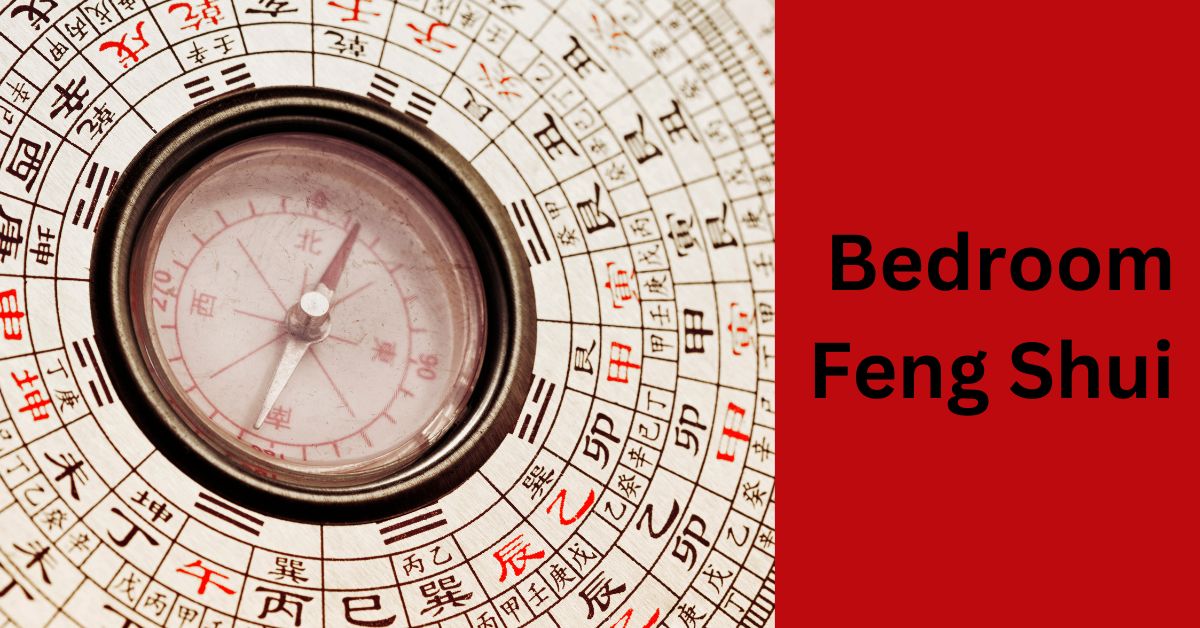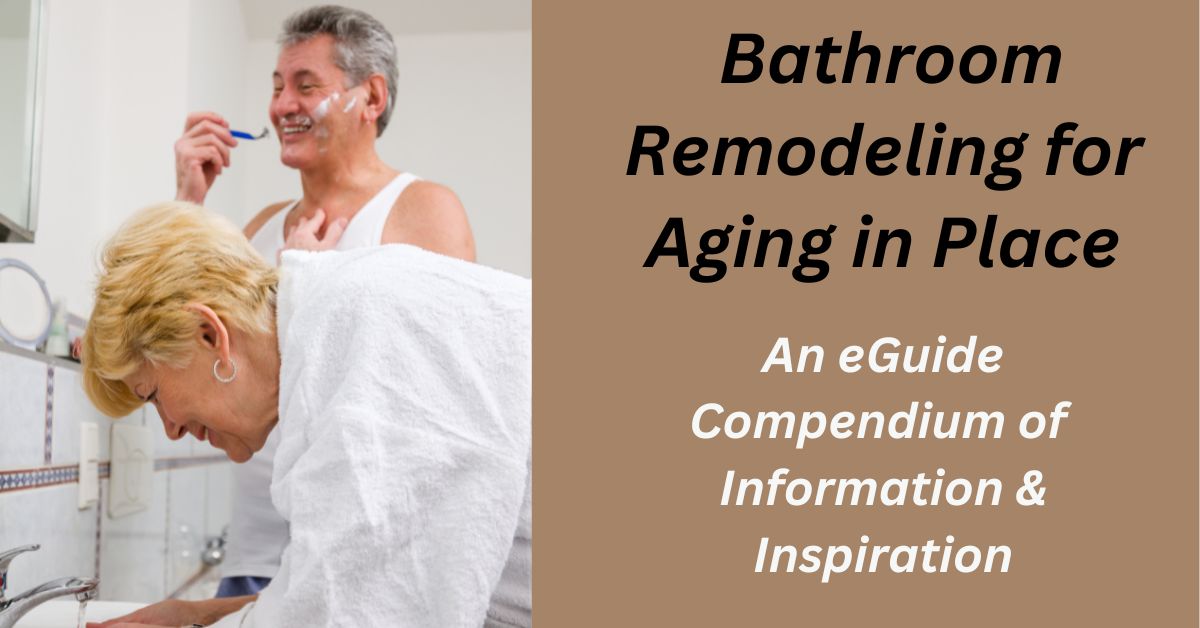Table of Contents
Note: If you came to this post about bedroom feng shui through a random search, please click on this parent page and our home page for more context.
Using Feng Shui in the Bedroom
In this post, we show you how to use feng shui in the bedroom to create positive flows of chi energy, ward off negative energy, and get a perfect night of deep, restful, and restorative sleep.
In the ancient Chinese art, science, and philosophy of feng shui, the bedroom is the most important room in the home. This is hardly a surprise, considering that this is where we spend about a third of our lives.
The Importance of Bedroom Feng Shui
The objective of feng shui is to maximize the beneficial positioning of all the things in our home to ease the flow of positive chi energy and inhibit the flow of negative energy. Chi is the hidden life force that is all around us.
And the bedroom is vitally important for two specific reasons. The first reason is that we spend so much of our time there, whether sleeping or just relaxing. The second reason is that, because we are in such a passive state of mind, we are most affected by the flow of energy within the bedroom, whether positive or negative.
This is what makes feng shui in the bedroom so important. And we’ll lay it all out here.
- Related post: Bedroom Design
Feng Shui and the Bed
Unsurprisingly, the bed is central to feng shui in the bedroom. So we’ll cover it right now. We will then detail all the other facets involved in feng shui for the bedroom.
Taken together, they have a powerful and beneficial effect on fostering the flow of chi energy in the bedroom and blocking negative forces.
Bed In the Commanding Position
The proper positioning of the bed is by far the most important principle of feng shui for the bedroom. It is also the most easily understood by someone new to feng shui.
The bed must be placed in the bedroom’s commanding position. We discuss the commanding position generally in another post. But here we apply it specifically to the bedroom.
The simplest way to understand the commanding position is in terms of taking up the safest possible defensive position. It is a facet of situational awareness. So the bed needs to find a placement that will make its occupants feel safest in case of a threat.
After all, it is when we are in bed and asleep that we are most vulnerable. And this means that the positioning of the bed must put us in command of the bedroom and best able to respond immediately to our primal instincts of “fight or flight.”
So, to start with, the bed must be placed so that we can see the bedroom door while lying down. Ideally, we want the bed to be diagonal from the door
But we don’t want to be directly in front of the door because this is too close. In feng shui terms, we are getting too much direct energy from the door. Also, in feng shui parlance this puts us in the so-called “coffin position.”
Commanding Position Workarounds
Now it may be that the configuration of the home may make the ideal position impossible. But there are workarounds.
For example, if you can’t see the door from where you are lying, locate a vertical mirror in such a way that you can see the reflection of the door. And if the “coffin position” is unavoidable, put a footboard on your bed, but not one so high that it obstructs your view of the door.
Support to the Rear
Make sure that your commanding position is supported to the rear. This means that the bed’s headboard is against a solid wall. You do not want your bed floating around in the middle of the bedroom. It needs to be securely anchored. And you particularly do not want your headboard against or underneath a window. This is insecure.
Open Space on Each Side of the Bed
Make sure that there is open space on both sides of the bed. This is not only practical, especially if you have a partner. These open spaces are also escape routes.
Again, this goes to our “fight or flight” instincts. If we don’t have an escape route from our beds our subconscious can make us feel trapped. This in turn can make us feel anxious. And it can interfere with our sleep.
Bed with a Solid Headboard
According to feng shui precepts, our bed should have a solid wood headboard. And a wood bed frame is preferred over metal, as this can interfere with the flow of chi. Wood is related to positive chi energy. Also, steer clear of any sort of shelving or storage built-in to the headboard. These too disturb the flow of chi.
The Bed Should Have Legs
Feng shui wants your bed to be raised from the floor. This will allow Chi to circulate below the bed and around your body.
No Storage Below the Bed
Things that are kept under the bed can produce disruptive vibes and energy that may disturb our subconscious while we are asleep. The space below our bed should be kept clear of anything that can disrupt the flow of positive chi energy in the bedroom.
If your home so lacks storage room that you are forced to use the space under the bed, then restrict it to soft items like blankets, comforters, and bed linens that are related to sleep.
Quality Bedding
Use high-quality cotton bed linens. The ease, softness, and comfort of sheets and pillowcases are essential to a good night’s sleep, and feng shui definitely prescribes them.
And never use a second-hand bed mattress. This is just an invitation into your bedroom for unknown and unwelcome negative vibes and energy from someone else’s life.
No Toilet Wall Behind the Bed
Don’t position your bed against a wall with a toilet behind it. In feng shui, a flushing toilet drains positive chi energy away from us. In any case, the noise of a toilet flushing so close to our heads is disruptive. It’s not something we want to be woken up by.
But if the way the home is laid out makes this unavoidable, there is a feng shui workaround. Put a mirror on the wall above the headboard. This will help keep positive chi energy within the bedroom.
Sloped Ceilings and Ceiling Beams
Do not position the bed under a sloped ceiling or under ceiling beams. But if a sloped ceiling is something you can’t avoid, at least place the head of the bed below the high point of the ceiling.
And if there is no getting away from ceiling beams, paint them to reduce their prominence.
Other Aspects of Feng Shui for the Bedroom
Elsewhere we talk about other precepts of feng shui that can be applied pretty generally in one’s home. But here our emphasis is on the bedroom. And with the bedroom, there are some exceptions to the basic guidelines of feng shui.
- Related post: Feng Shui for the Home
Remove Electronic Devices from the Bedroom
Electromagnetic fields disrupt the body’s immune system. They also disturb one’s sleep and the body’s circadian clock. So you should either banish electronic devices from the bedroom or at least turn them off before going to sleep.
And also be cognizant of any electrical or electronic devices in an adjoining room that might be close to or in the wall adjacent to the headboard. These too can have a disruptive effect. Examples are a breaker box or a fridge. So be aware of this when positioning the bed.
Remove Photos of Family Members and Friends from the Bedroom
Keep photos of family members and friends in different rooms. In the bedroom, you want to avoid any negative or strange feelings of “being watched.” But you can certainly have photos of you and your partner taken on happy occasions.
No Mirrors in the Bedroom – with Exceptions
Basic feng shui is that there should be no mirrors in the bedroom. This is because they magnify active yang energy in a place where you only want peaceful, calming, and relaxing yin energy.
However, we have already mentioned two occasions where mirrors are helpful. This is in the ability to see the door from the bed and the prevention of positive energy being flushed out by a toilet behind the bedhead wall.
Don’t Keep Plants in the Bedroom
In other rooms, feng shui encourages using plants. This is because plants exude positive chi energy. But this is exactly why you should not keep plants in the bedroom.
A bedroom is a place for calm and relaxation. You want to encourage passive yin energy in the bedroom and avoid the aggressive or yang energy of plants.
Keep Water Features out of the Bedroom
A water feature indeed makes a soothing sound but the bedroom is the wrong place for it. This is because a water feature, in much the same way as a plant, generates too much positive yang energy in a room where passive yin energy is most appropriate.
On top of that, water is an element that extinguishes fire, and more importantly, passion. You do not want that in a place where love is meant to flourish.
And you don’t even want imagery of water in your bedroom artwork. Let alone water features.
Pairs and Symmetry Are Important in the Bedroom
In feng shui, things that are in pairs create a positive, unifying, and caring energy. Feng shui also favors symmetry, especially in the bedroom.
Therefore, even if you are not currently in a relationship, equip the bedroom for two people. This means having a double bed, a pair of pillows, a pair of nightstands, a pair of lamps, and pairings of artwork.
Speaking of nightstands, and other furniture and architectural features for that matter, avoid anything with sharp corners or edges. In feng shui, these are called “poison arrows” and it is bad to have them pointing at you.
Bedroom Artwork and Feng Shui
When you choose pairings of artwork, look for pieces that themselves have subjects that feature pairings of objects. Such pairings are reflective of the people who share the bedroom space.
Select artwork that calms, soothes and relaxes. Choose pieces that charm and captivate. Stay away from imagery that is fierce or hostile. And in this regard, simple abstract pieces make a great choice.
Bedroom Materials, Colors, and the Bagua Map
We talk about the Bagua Map elsewhere on this site. However, here is a fast overview of how to use it to get the most out of feng shui for the bedroom.
Locate the Bagua Map on top of the floor plan of your home. You start by aligning the North edge of the map over the wall that contains your front door. Then find where your bedroom lies within the map. It will be in one of the squares along the perimeter of the map since all bedrooms have windows.
Within that square, you will see listed the relevant elements, shapes, materials, and colors. You will use these in your choice of accessories, furnishings, and artwork for the bedroom. Although you will not use water, as we mentioned earlier.
When it comes to the selection of paint colors, stay away from plain primary colors and opt for warmer shades of yellows, creams, beiges, corals, and tans. Light blues, greens, and lavenders are good too. You want to create an ambiance that is welcoming, calming, restful, and relaxed.
Eliminate Clutter from the Bedroom
Getting rid of clutter is one of the central principles of feng shui. And nowhere in the home is this more vital than the bedroom. Bedroom clutter will block the flow of chi energy and cause sleep disruption.
And clutter is there whether you see it or not. So keep your drawers and closets free of clutter.
- Related post: Reasons to Declutter
- Related post: Decluttering Tips
Keep Your Home Office out of the Bedroom
Your desk, computer, books, and reference materials are distracting reminders of your work. They defeat the bedroom’s function as a peaceful sanctuary. So don’t have a home office in the bedroom
But, if lack of space dictates that you must have your home office there, then use a screen to hide it from sight and be sure to turn the computer off at night.
Keep Exercise Equipment out of the Bedroom
Workouts exude aggressive yang energy. So eliminate any kind of exercise equipment from the bedroom. Nothing in the bedroom should go against fostering the calm of yin energy.
Bedroom Aromas
Feng shui utilizes aromatherapy and scents to evoke emotional responses and promote harmony and balance. Obviously, this is important in the bedroom, where you want to create an atmosphere of calm and relaxation. So you should use aromatherapy in the bedroom to reduce anxiety and stress.
Use an essential oil diffuser to deliver appropriate scents. The best scent for sleep or just relaxation is lavender. And to encourage romance and love, try gardenia, ylang-ylang, or jasmine.
- Related post: Aromatherapy
Natural Light and Circadian Rhythm
Get as much natural light into the bedroom as you can. Natural light brings in yang energy and this is just fine for daylight hours. Make sure your window coverings and windows are such that windows are easy to open to allow maximum fresh air.
And the thickness of the window covering material should be such that natural daylight can enter the bedroom to greet the sun as it rises in the morning. Consider introducing circadian lighting.
- Related post: Circadian Rhythm Lighting
Conclusions on Bedroom Feng Shui
If you have issues with sleeping, you should consider your bedroom environment. It may be affecting you in hidden ways. And give due consideration to how feng shui can help you.
It may well be that you view feng shui and Chinese geomancy with suspicion. But don’t dismiss 5,000 years of tradition out of hand. Besides, we hope we have shown you here that so much of feng shui is rooted in common sense that we in the West can acknowledge.
Just consider for example the key feng shui for the bedroom precept of putting the bed in the commanding position. We instinctively know that this makes perfect common sense.
So allow just this single idea to let you give feng shui some credence. Apply its principles to your bedroom and be prepared for a much better night’s sleep. We bet you’ll be pleasantly surprised.





Leave a Reply